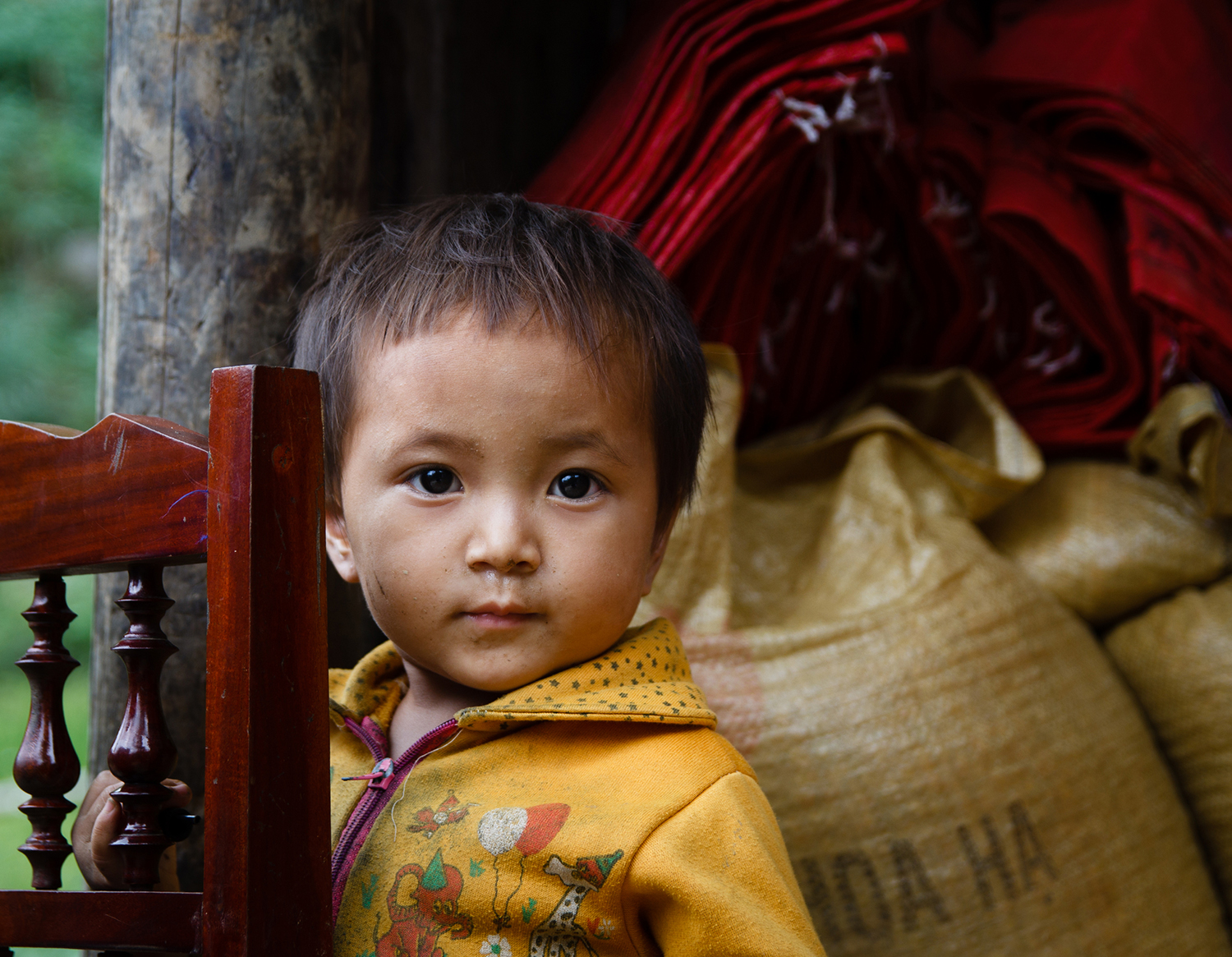LINKS | NIHR study overview | Queen’s University Belfast & Lancaster University
Introduction
Queen’s University Belfast (N. Ireland) and Lancaster University (UK), in partnership with Early Years and UNICEF, and with the support of global research centers at Yale, Harvard and New York University, is funded by the National Institute of Health Research (NIHR) of the United Kingdom to support an international research group on early childhood development for peacebuilding from eight low- and middle-income countries affected by conflict (Colombia, Egypt, Kyrgyzstan, Mali, Pakiston, Tajikistan, Timor-Leste and Vietnam) — entitled LINKS.
Lead Investigator: Paul Connolly, Ph.D.
Co-investigators: Laura Dunne, Sarah Miller, Aoibheann Brennan-Wilson, and Nicole Craig
About LINKS
The LINKS research study at Queens’s University Belfast (QUB) and Ulster University aims to: build research capacity; run pilot research evaluations of early child development programs in each country; and develop a strategy to achieve impact locally, nationally and internationally. Each of these eight early child development programs is being led by UNICEF’s Field Offices in country in association with local partners. The immediate impact will be assessed to determine if there are measurable improvements to the lives of young children and their careers.
In the medium term, the team will seek to refine and extend these early child development programs to other low- and middle-income countries affected by conflict.
The findings of the pilot evaluations and the wider evidence syntheses and reviews currently being undertaken will generate an evidence base to form the foundation of a global advocacy strategy. The work of the research team will also be disseminated internationally through this website which is hosted by Early Childhood Peace Consortium (ECPC). The specific goals for this international advocacy strategy will include building understanding of the relationship between early childhood development and Peacebuilding within the United Nations, and the inclusion of early childhood development indicators as part of the UN’s 2030 Sustainable Development Goals. This will be the focus for two high-profile conferences planned for London and New York.
LINKS global conference 2017 | “Early Childhood Development for Social Cohesion and Peacebuilding”
On 31 May 2017, LINKS held its first global conference at Queen’s University Belfast, Northern Ireland. In the video above, Professor Paul Connolly, Director of the NIHR Global Health Research Group on Early Childhood Development for Peacebuilding, introduces the work of the NIHR Group and its international partners who speak on the about the importance of early childhood development for peacebuilding and what they are planning for their own countries.
Conference video series
►See the 9-part video series to learn more about the research study and meet the LINKS team of global experts.
LINKS global conference 2018| “Early Childhood Development Advances The Culture of Peace”
On 29 November 2018 at Yale University, Queen’s University Belfast, Yale University, and the ECPC co-hosted a conference that featured a global team of peacebuilding experts who champion the transformative power of children and families as agents of change for peace. In this series, they reveal a proven theory of change and sound global call to action.
Conference video series
►See the 14-part video series that captures the knowledge, energy and inspiration of ECPC affiliated presenters who join together from the halls of Yale University (Child Study Center, the MacMillan Center for Area Studies, Web Services) Queen’s University Belfast, the United Nations, The Global Movement for The Culture of Peace, UNICEF, Sesame Workshop, ACEV-Mother Child Education Foundation, IRIS-Integrated Refugee and Immigrant Services, and the NGO Committee on Migration.
Series featured video 6a | “Overview: Supporting the Development of ECD Programs for Peacebuilding: Experience from the NIHR Global Health Research Group on ECD for Peacebuilding”
In the video above, QUB Professors Paul Connolly and Sarah Miller provide a compelling overview of the LINKS research study at Queen’s University Belfast, funded by the National Institute of Health Research (NIHR) of the United Kingdom.
Series featured video 6b | “Panel Discussion: Supporting the Development of ECD Programs for Peacebuilding: Experience from the NIHR Global Health Research Group on ECD for Peacebuilding (LINKS)”
In the video above, QUB Professor, Laura Dunne brings together a global panel of LINKS research team members from Egypt, Kyrgyzstan, Mali, Tajikistan, Timor-Leste and Vietnam to explore the challenges faced by country teams in developing programmes aimed to identify opportunities for early childhood development (ECD) and peace building in each country. The insights offered by those “on the ground” provide important learning opportunities for those of us working to enhance ECD services and advance peace building in conflict affected areas across the globe.
Contributor: Professor Paul Connolly serves as ECPC Executive Board member. He is Executive Dean of Faculty of Arts, Humanities & Social Sciences at Ulster University. He is also Director of the Centre for Evidence and Social Innovation that supports the development and rigorous evaluation of programmes in education, social care and public health; including a significant number of ECD programmes.
JOIN THE CONVERSATION
For breaking news and to stay connected, follow us on social media. Sign up to get our E-News delivered straight to your inbox.


